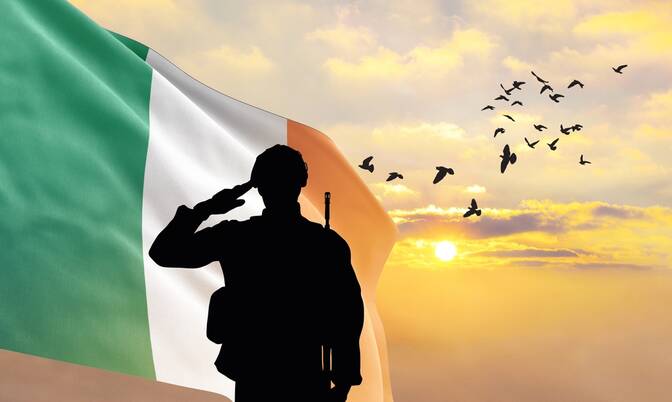National Day of Commemoration
July 13, Sunday

When it is observed:
The day is observed annually on the Sunday closest to 11 July. This date was chosen in memory of the end of the Anglo-Irish War (War of Independence), with the signing of the truce on 11 July 1921 between Irish and British forces.
History:
The National Day of Commemoration was established by the Irish government in 1986. Its purpose was to create a neutral and inclusive way to honor the memory of all who served the country — regardless of the military conflict, religious affiliation, or political views. This is especially important for Irish society, where historical conflicts (including the participation of Irish people in the British Army during the First and Second World Wars) have long been a subject of dispute.
How the ceremony takes place:
The official state ceremony takes place in the Memorial Gardens (Royal Hospital Kilmainham) in Dublin, attended by the President of Ireland, the Taoiseach, government members, leaders of parliamentary parties, judges, diplomats, representatives of the military, and religious denominations.
Key moments of the ceremony:
• A minute of silence in memory of the fallen
• Military honors
• Wreath laying
• Performance of the national anthem and the traditional song "The Last Post"
• Participation of representatives of all religious denominations in prayers
Significance for society:
This day is important as a symbol of unity. It serves as a reminder of the price paid by soldiers, regardless of the time and context of their service. The National Day of Commemoration has become an expression of respect for the memory of the fallen, without political overtones, which contributes to social harmony and historical understanding.
Interesting facts:
• Ceremonies are also held in other regions of the country, including Cork, Galway, Limerick, and Waterford.
• Ireland actively participates in international UN peacekeeping missions, and this day also highlights their sacrifices.
• Despite Ireland’s neutrality during the Second World War, about 70,000 Irish people voluntarily joined the British Army — and this day also honors their memory.
